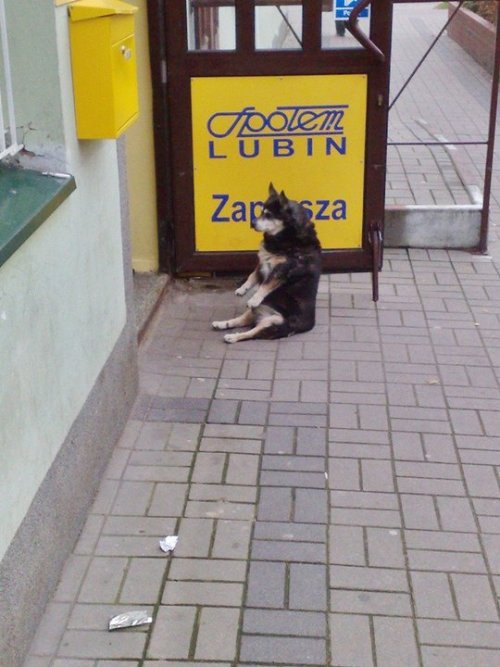How can you possibly know whether I'm confused about what "Roman" means if I haven't even said what I think "Roman" means?I think that I'm not confused and you are. Roman law had vital influence on development of continental European law.
Romanesque architecture was inspired by ancient Roman architecture as well.

Is this your usual method of discussion with people?







